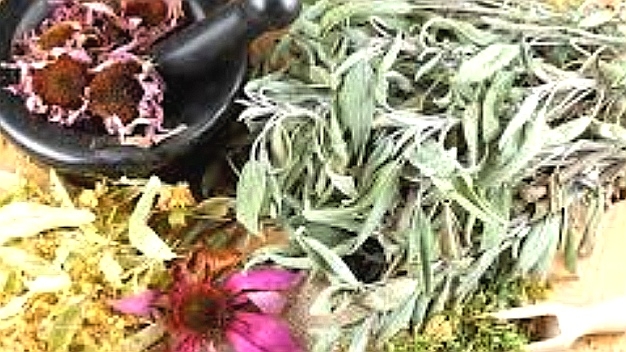Tunisian Medicinal Plants: A project to establish à monographs

Sky world news/Tunisia/To preserve this potential, a project is underway, aiming to list the most exploited medicinal plants in Tunisia and to establish their monographs to set up quality control procedures, through a multidisciplinary approach including ethnobotany, pharmacology, toxicology and phytochemistry.
The project consists of developing monographs of the main medicinal, aromatic and perfume plants (PAM), based on their ethnobotanical value and research findings, with a view to enhancing the functional phyto-resources in the agro-food sectors. , pharmacological, cosmetic and chemical. The final objective of the project is to provide a technical scientific tool with industrial language, indicating all the possible uses of AMPs and their derivatives in the fields of natural pesticides, tinctures, food additives, cosmetics, nutraceuticals and pharmaceuticals.
The project is implemented within the Technical Center of Chemistry (CTC) in collaboration with the Laboratory of Pastoral Ecosystems and Valorization of Spontaneous Plants and Microorganisms Associated with the Institute of Arid Regions Medenine (IRA) and the company ”MEDIPHARM-SADEP”. Beyond its contribution to the plan to safeguard the potential of AMCs in Tunisia, the project could help diversify the offer with a view to exploiting it economically, improving the conditions for marketing the product and the expansion. markets via a better valuation of the product and allow a better positioning of Tunisia on new markets (parapharmaceuticals, nutraceuticals and pharmaceuticals).
This project is funded by the Ministry of Industry, Energy and Mines, under the National Research and Innovation Program (PNRI). This is a support mechanism for collaborative research, managed by the Directorate-General for Innovation and For the chemicals sector, this initiative could help broaden the range of use of PAMs by existing distillation units, introduce new techniques and technologies for the extraction of active substances and help operators to control toxicological risks. to the use of certain plants in formulations.
It is also a question of increasing the competitiveness of companies in a sustainable development approach, optimizing and standardizing the levels of production of added value compoundsAnd promote the Tunisian deposit in PAM with industrial applications. From a scientific standpoint, this is an opportunity to promote biodiversity with high added value (active ingredients), to optimize transformation processes and technology transfer.
According to the partners and the initiators of the project, it will make it possible to develop a research environment and encourage rigorous scientific approaches, in order to move on to empirical research, to the ability to identify and classify a PAM plant, through the development of protocols. validated and standardized.



